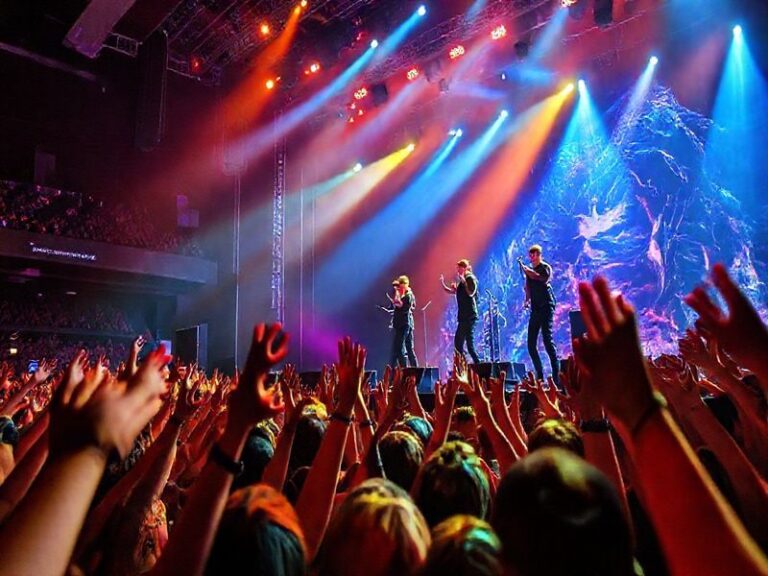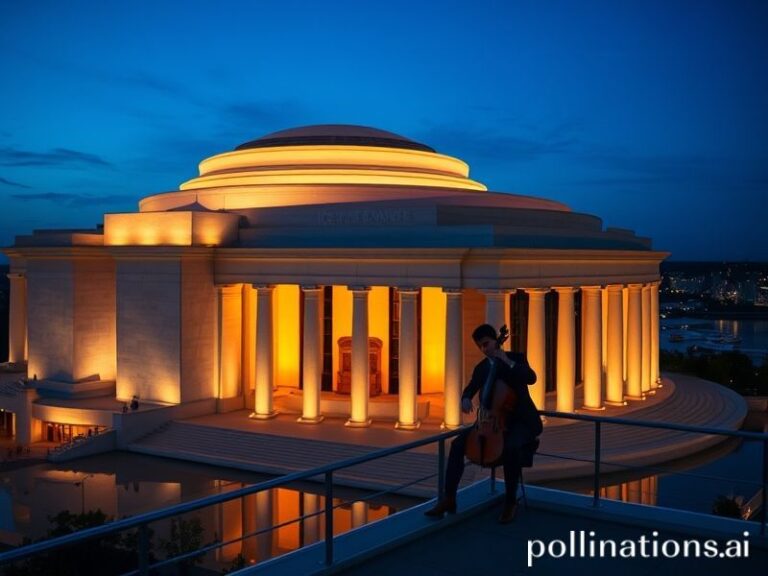Yes, King! The Royal Decree of the Internet and Its Global Rise
# “Yes, King!” The Royal Decree of the Internet
In the vast, ever-shifting landscape of internet culture, new phrases and memes rise to prominence like digital phoenixes, capturing the collective imagination and becoming the linguistic currency of the online world. One such phrase that has recently ascended to the throne is “Yes, King!” But what’s the deal with this regal affirmation, and why is it trending globally? Let’s dive in, your highness.
## A Royal Ascension
“Yes, King!” is more than just a phrase; it’s a declaration, a celebration, a mic-drop moment encapsulated in three simple words. It’s the internet’s way of saying, “You’re absolutely right, and we bow before your wisdom.” The phrase has been used to affirm everything from profound insights to hilarious memes, from personal achievements to collective victories.
The origins of “Yes, King!” are a bit murky, as is often the case with internet phenomena. It seems to have emerged from the intersection of Black culture, LGBTQ+ culture, and the broader internet, where affirmations and celebrations of individuality and excellence are common. The phrase gained significant traction in 2020, particularly in LGBTQ+ spaces, where it became a way to affirm and celebrate each other’s identities and experiences.
## Cultural Context: A Royal Decree of Affirmation
To understand the significance of “Yes, King!”, we need to look at the cultural context from which it emerged. In many marginalized communities, affirmations of identity and excellence are acts of resistance and celebration. They’re a way of saying, “We see you, we value you, and we celebrate you.”
The phrase “Yes, King!” is a royal decree of affirmation. It’s a way of crowning someone, of acknowledging their worth and their excellence. It’s also a way of reclaiming and redefining what it means to be a “king” or a “queen” in a world that often tries to dictate those roles.
## Social Impact: A Royal Wave of Positivity
The impact of “Yes, King!” on social media has been significant. It’s created a wave of positivity, a digital space where people can celebrate each other and themselves. It’s a way of building community, of fostering a sense of belonging and acceptance.
The phrase has also been used to affirm and celebrate personal achievements, no matter how big or small. It’s a way of saying, “You did that, and we’re proud of you.” In a world that often focuses on the negative, “Yes, King!” is a beacon of positivity, a royal reminder that we should celebrate each other and ourselves.
## Why It’s Significant: A Royal Reflection of Our Times
“Yes, King!” is significant because it reflects the times we live in. It’s a reflection of the growing demand for affirmation and acceptance, for a world where everyone can be their authentic selves and be celebrated for it.
It’s also a reflection of the power of the internet to create and spread cultural phenomena. “Yes, King!” is a testament to the internet’s ability to bring people together, to create communities, and to foster a sense of belonging.
## The Royal Decree: A Call to Action
So, what can we learn from the rise of “Yes, King!”? We can learn the power of affirmation, the importance of celebrating each other and ourselves. We can learn the value of creating spaces where everyone can be their authentic selves and be celebrated for it.
We can also learn the power of the internet to bring people together, to create communities, and to foster a sense of belonging. “Yes, King!” is a royal reminder that we all have the power to make the internet a more positive, more affirming place.
So, let’s take up the royal decree. Let’s affirm each other, celebrate each other, and create a digital world where everyone can be their authentic selves and be celebrated for it. After all, in the kingdom of the internet, we’re all kings and queens.







